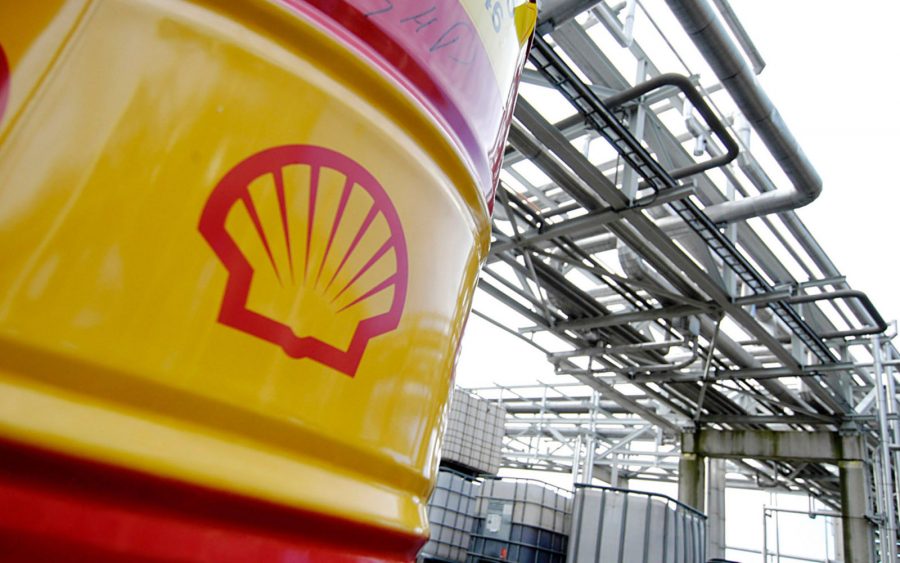Royal Dutch Shell has commenced talks with the Nigerian government to sell the Anglo-Dutch company’s stake in onshore oilfields, Chief Executive Officer Ben van Beurden, said on Tuesday.
Shell, the operator of the West African country’s onshore oil and gas joint venture SPDC, has struggled for years with spills in the Niger Delta as a result of pipeline theft and sabotage as well as operational issues. The spills have led to costly repair operations and high-profile lawsuits.
Speaking at the company’s annual general meeting, CEO Beurden said that Shell can no longer be exposed to the risk of theft and sabotage.
“We cannot solve community problems in the Niger Delta, that’s for the Nigerian government perhaps to solve. We can do our best, but at some point in time, we also have to conclude that this is an exposure that doesn’t fit with our risk appetite anymore,” van Beurden said.
“We’ve drawn that conclusion, and we’re now talking to the Nigerian government on the way forward.”
Nigerian Oil Minister Timipre Sylva confirmed the government was in talks with Shell on how to divesting its onshore stakes.
The sides are considering transferring the stakes to SPDC or to another local company or selling it to a foreign company, Sylva said in a statement.
In February, a Dutch court held Shell’s Nigerian subsidiary responsible for multiple oil pipeline leaks in the Niger Delta and ordered it to pay unspecified damages to farmers, leading van Beurden to call its Nigerian onshore assets as a “headache”.
Last year, Shell also lost a Nigerian high court case that could lead to $44 million in damages for spills.
Shell’s Nigerian onshore joint venture SPDC has sold about 50% of its oil assets over the past decade.
Shell’s stake in SPDC gave it 156,000 barrels per day of oil equivalent in 2020 of which 66,000 barrels were oil.

